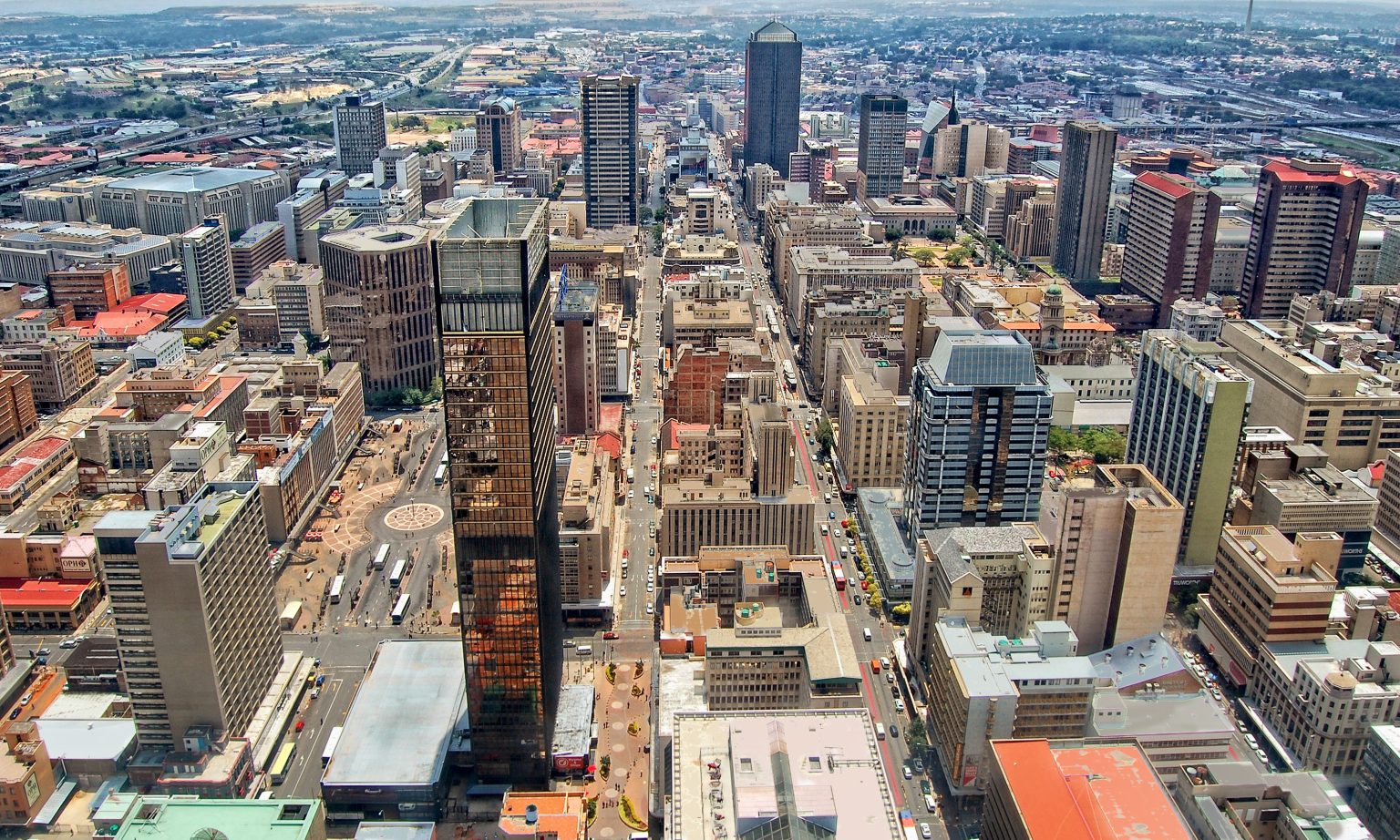Treasury lowers 2022 economic growth expectations to 1.9%

In tabling its 2022 Medium-Term Budget Policy Statement (MTBPS) on Wednesday, National Treasury says it expects real GDP growth to come in at 1.9%, lower than the 2.1% initially forecasted in the main budget in February this year.
The finance ministry says slowing global growth, rising inflation, slow implementation of economic reforms here at home and several economic shocks – in the form of the 2021 July riots, the devastating KwaZulu-Natal (KZN) floods, as well as the country’s severe rolling blackouts – are the main reasons why it has taken this stance.
Treasury’s growth forecast falls in line with that put out by the South African Reserve Bank’s (Sarb) Monetary Policy Committee (MPC) in September. Following that MPC meeting, Governor Lesetja Kganyago further announced expectations for growth to come in at 0.4% in the third quarter (Q3) of 2022 and 0.3% in Q4.
Like the Reserve Bank’s MPC, Treasury expects growth to slow to 1.4% in 2023, climbing slightly to 1.7% in 2024 and 1.8% in 2025.
The impacts of rolling blackouts on the economy could not go unmentioned this time around. In its statement, Treasury acknowledged the crippling impacts that a cocktail of stage 3, 4 and 6 power cuts may have on an economy attempting a post-Covid-19 recovery and called for accelerated reforms.
“These include the removal of the licensing threshold for embedded generation projects, where the pipeline has grown to 100 projects, representing over 9 000 MW of capacity,” Enoch Godongwana said.
“The Electricity Regulation Amendment Bill has been finalised. It provides for the establishment of an independent transmission and system operator, which will fundamentally transform the electricity sector.”
“Reducing South Africa’s reliance on a single monopoly utility and unlocking massive new private investment in generation capacity will contribute significantly to long-term energy security,” he adds.
Read: Eskom is wildcard in SA’s debt-stabilisation plan
Fiscal outlook
Treasury expects its consolidated budget deficit to narrow from a revised figure of 4.9% of GDP in 2022/23, to 4.1% of GDP in 2023/24 and 3.2% of GDP in 2025/26. This as it recorded higher revenue collections across major tax categories than it had initially expected.
Gross tax revenue estimates for 2022/23 have been revised up by R83.5 billion from the R 1.598 trillion Treasury announced in the 2022 budget. Tax revenues are expected to increase to R2.04 trillion by 2025/26.
As a result of this, as well as disciplined budgeting, government says it expects to achieve a primary budget surplus of 0.7% of GDP in 2023/24 – a year earlier than projected at the previous year’s MTBPS.
Gross government debt is expected to stabilise to 71.4% of GDP in 2022/23, two years ahead and lower than the projections announced at the 2022 main budget. Expectations are that government debt will stabilise at 69% of GDP in 2024/25.
Government says its improved fiscal position will allow it to increase spend on service delivery and infrastructure as well as address fiscal and economic risks posed by troubled state-owned entities Denel, Transnet and the South African National Roads Agency Limited (Sanral).
“The higher estimate is largely due to improvements in corporate income tax collections, with strong receipts from the finance and manufacturing sectors,” Godongwana said.
“The better-than-expected revenue collection estimates, including over the medium term, have allowed government to narrow the deficit and mitigate lingering and new risks.”
“Equally, it allows us to gradually restore the baseline budgets of departments key to the delivery of services, without making unaffordable permanent commitments,” he adds
However, Treasury notes that sluggish economic growth, continued levels of severe load shedding and higher-than-budgeted public-service wage costs pose a risk to the country’s improved fiscal position.

